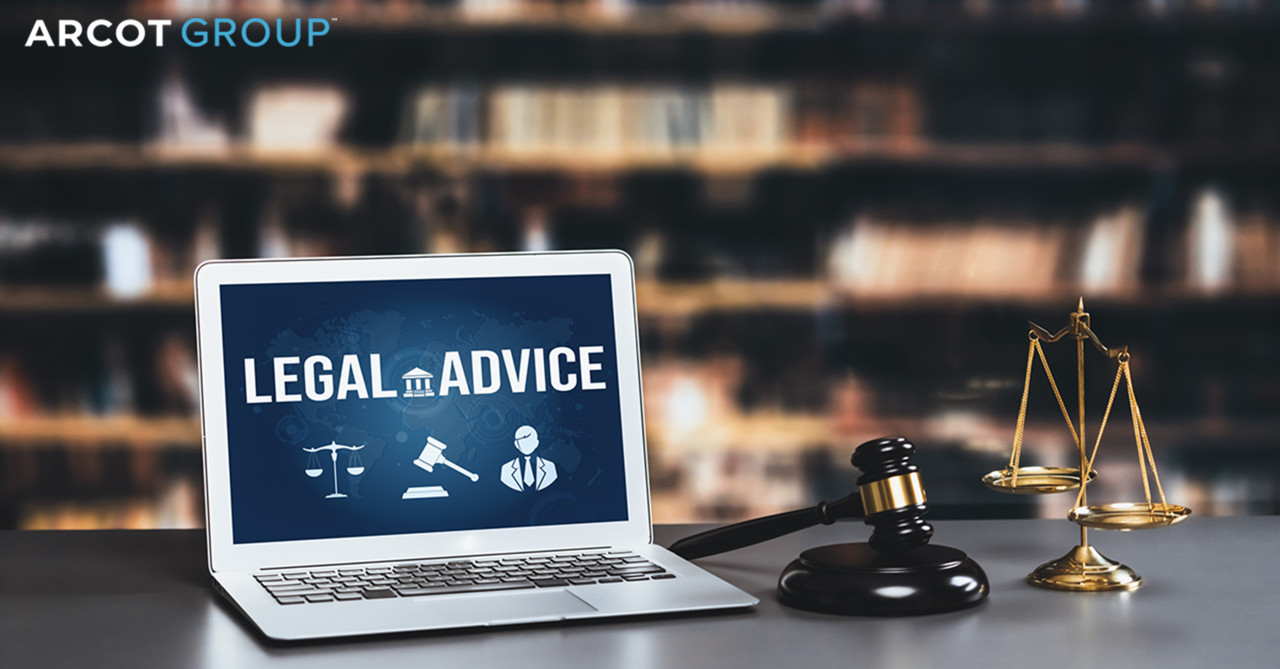Mediation has emerged as a potent tool for resolving disputes outside the courtroom, offering an alternative to lengthy and adversarial litigation battles. In today’s fast-paced world, where time is of the essence and resources are precious, opting for mediation can prove to be a pragmatic choice for all parties involved.
The Benefits of Mediation
Mediation offers numerous benefits that make it an attractive alternative to litigation. Unlike traditional courtroom battles, which can drag on for months or even years, mediation provides a quicker and more efficient path to resolution. By bringing parties together in a neutral setting, mediation fosters open communication and collaboration, facilitating the exploration of mutually beneficial solutions.
Efficiency in Conflict Resolution
One of the most significant advantages of mediation is its efficiency in resolving conflicts. Rather than waiting for a court date and enduring lengthy legal proceedings, parties can opt for mediation and work towards a resolution in a matter of days or weeks. This not only saves valuable time but also minimizes the disruption to both personal and professional lives.
Cost-Effectiveness
In addition to being time-efficient, mediation is also cost-effective compared to litigation. Courtroom battles can be financially draining, with parties incurring substantial legal fees and expenses. In contrast, mediation typically involves lower costs, as it eliminates many of the expenses associated with traditional litigation, such as court fees, expert witness fees, and attorney fees for lengthy courtroom appearances.
Preservation of Relationships
Another key advantage of mediation is its ability to preserve relationships between parties. Unlike litigation, which often results in winners and losers, mediation focuses on finding common ground and reaching a mutually acceptable solution. This collaborative approach can help maintain positive relationships between parties, whether they are family members, business partners, or colleagues.
Confidentiality and Privacy
Mediation also offers a level of confidentiality and privacy that is not always guaranteed in litigation. Unlike courtroom proceedings, which are a matter of public record, mediation sessions are private and confidential. This allows parties to discuss sensitive issues openly and freely, without fear of their statements being used against them in future legal proceedings.
Flexibility and Customization
One of the greatest strengths of mediation is its flexibility and customization. Unlike courtroom proceedings, which are bound by strict rules and procedures, mediation allows parties to tailor the process to their specific needs and interests. This flexibility enables parties to explore creative solutions that may not be available through traditional litigation, leading to more satisfying outcomes for all involved.
The Role of the Mediator
Central to the success of any mediation process is the role of the mediator. Mediators are neutral third parties who facilitate communication and negotiation between parties, helping them identify common goals and interests. Skilled mediators possess excellent communication and interpersonal skills, as well as a thorough understanding of conflict resolution techniques.
Conclusion
In conclusion, mediation offers a host of benefits for resolving disputes outside the courtroom. From its efficiency and cost-effectiveness to its emphasis on preserving relationships and privacy, mediation provides a viable alternative to lengthy and adversarial litigation battles. By opting for mediation, parties can save time, money, and stress while working towards mutually acceptable solutions in a collaborative and constructive manner. Read more about mediate don t litigate


